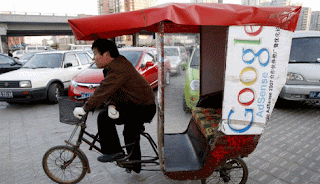1859 On the Origin of Species, by Charles Darwin, expounds the theory of natural selection. TH Huxley publicly defends Darwin against religious fundamentalists.
1929 Justice Oliver Wendell Holmes, of the US Supreme Court, outlines his belief in free speech: 'The principle of free thought is not free thought for those who agree with us but freedom for the thought we hate.'
1948 The Universal Declaration of Human Rights is adopted virtually unanimously by the UN General Assembly. It urges member nations to promote human, civil, economic and social rights, including freedom of expression and religion.
1958 Two Concepts of Liberty, by Isaiah Berlin, identifies negative liberty as an absence or lack of impediments, obstacles or coercion, as distinct from positive liberty (self-mastery and the presence of conditions for freedom).
1960 After a trial at Old Bailey, Penguin wins the right to publish D H Lawrence's sexually explicit novel, Lady Chatterley's Lover.
1962 One Day In the Life of Ivan Denisovich by Aleksandr Solzhenitsyn describes life in a labour camp during Stalin's era. Solzhenitsyn is exiled in 1974.
1989 Iranian leader Ayatollah Khomeini issues a fatwa against Salman Rushdie over the 'blasphemous' content of his novel, The Satanic Verses. The fatwa is lifted in 1998.
1992 In Manufacturing Consent, Noam Chomsky points out: 'Goebbels was in favour of free speech for views he liked. So was Stalin. If you're in favour of free speech, then you're in favour of freedom of speech precisely for views you despise.'
2001 In the wake of 9/11, the Patriot Act gives the US government new powers to investigate individuals suspected of being a threat, raising fears for civil liberties.
2002 Nigerian journalist Isioma Daniel incenses Muslims by writing about the Prophet Mohammed and Miss World, provoking riots which leave more than 200 dead.
2004 Dutch film maker Theo van Gogh is killed after release of his movie about violence against women in Islamic societies.
2005 The Serious Organised Crime and Police Act bans protest without permit within 1km of the British Parliament.







